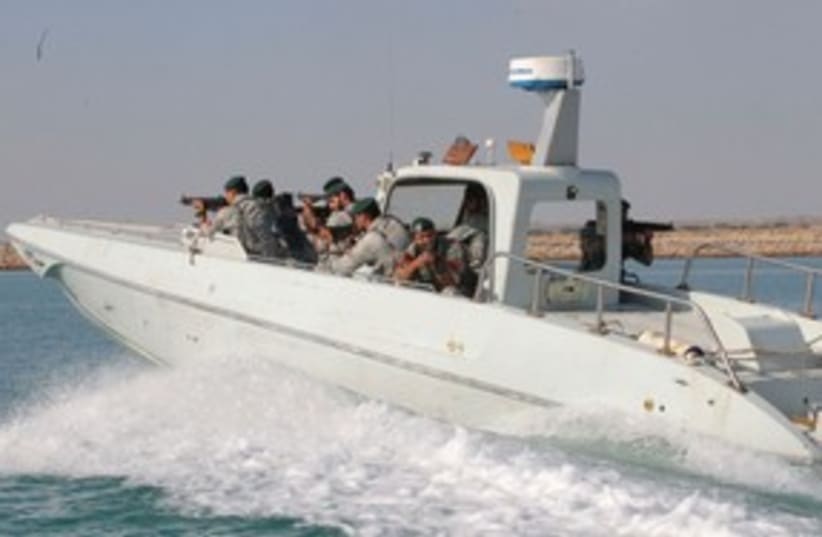The writers are associate researchers at the Institute for National Security Studies (INSS) at Tel Aviv University.
Mission unaccomplished
The question still remains whether Iraq will become an Iranian satellite state.

The writers are associate researchers at the Institute for National Security Studies (INSS) at Tel Aviv University.